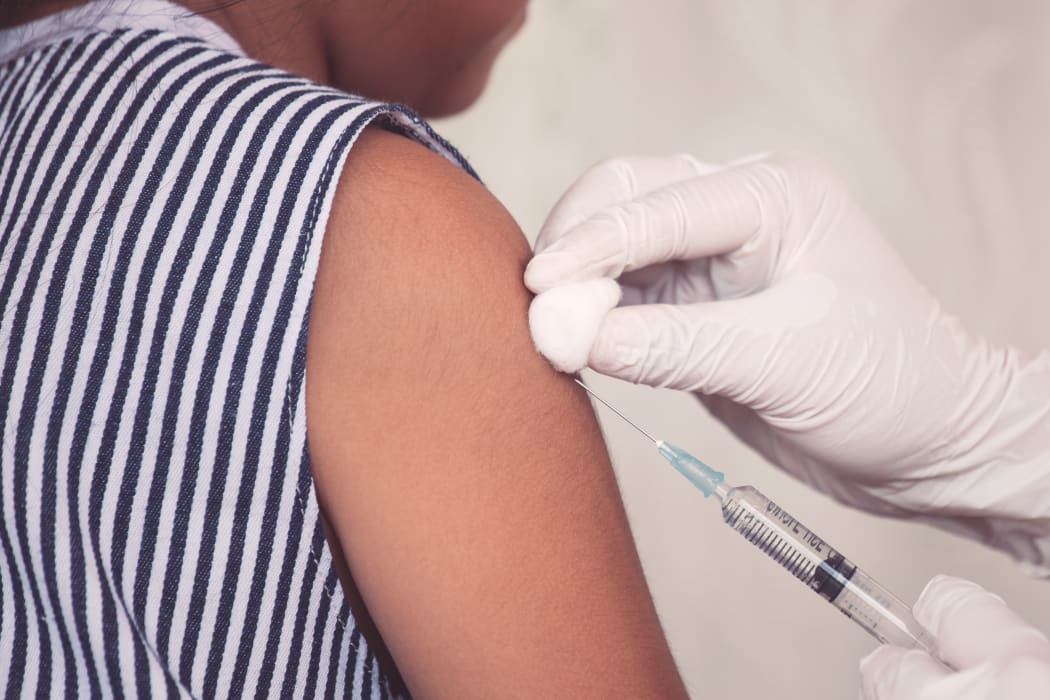Doctors are promising to do more to recognise the needs of indigenous children in New Zealand and Australia.
The Royal Australasian College of Physicians says it is taking landmark action - by releasing a raft of recommendations on how to provide better health care for indigenous children.
They include doctors learning the colonial history of their country and understanding how racism and privilege operate in healthcare systems.

Photo: 123RF
Dr Danny de Lore, chair of the RACP's Indigenous Child Health Working Group, says indigenous health is the major issue in child healthcare.
“There has been increasing recognition that there’s a great opportunity and responsibility for specialist doctors who are within that college, and the college itself, to make a major contribution to the removal of these health inequities that we see for indigenous children in both countries.”
Dr de Lore says the statement was written with the intent to empower doctors and specialists, many of whom know it’s a big issue, but don’t know where to start with addressing it.
“We’ve tried to keep our recommendations pretty practical and concise. They’re not vague, but if you sit down and think about them, there are practical things I can do.”
He says there’s an emphasis on understanding the colonial history of New Zealand and Australia and how it affects modern indigenous people.
“For me and my colleagues, we’re in a process of understanding and learning more about how our country came to be the way it is. When you learn about that, that really helps me put into context where indigenous children health is Aotearoa at the moment and understand it better.
“If I don’t understand those things about why the health of indigenous children is the way it is now, it’s much harder for me to know where to start about how I can improve it.”
There are biases in everything, Dr de Lore says, and by understanding and recognising them, doctors can make positive steps forward.
“It helps us understand other points of view about the world as well.”
He says that instead of blaming indigenous families and communities for poor health outcomes, we need to recognise that they’ve been let down by the government and health care systems.
“I’m seeing children and babies in hospitals and clinics with problems that we could prevent. We could reverse it, they don’t need to be suffering these conditions, they don’t need to be having these outcomes.
“For me, that’s a very real experience where I’m working and I want other people to reflect on that and avoid the temptation to just feel like this is just how its always been and how its always going to be. By definition, these inequities shouldn’t be there and we should be working hard to eliminate them.”

